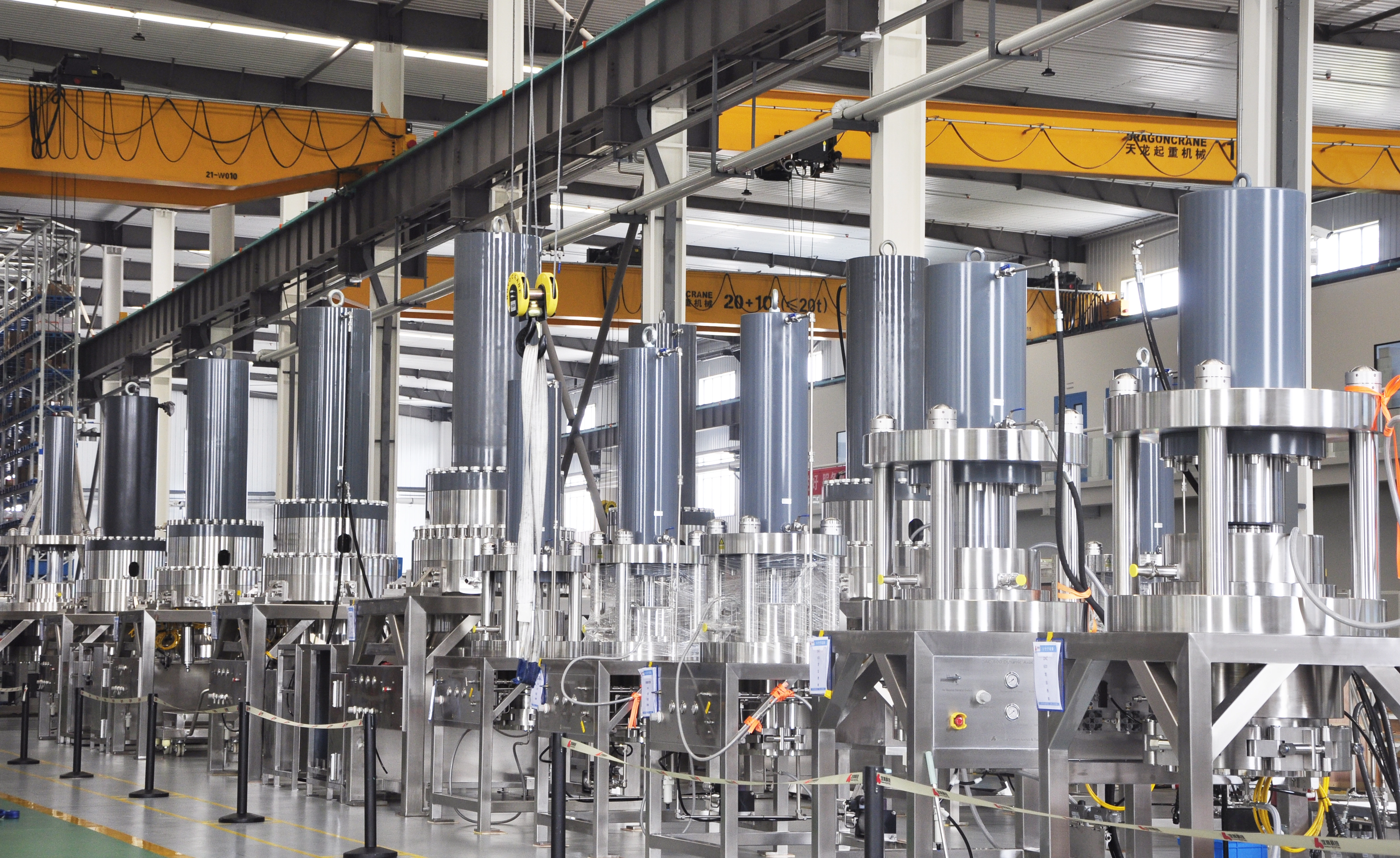



Selective Separation: Chromatography allows for the selective separation of compounds based on their physicochemical properties, such as polarity, size, and charge. This enables the isolation of specific target compounds from complex mixtures, increasing the efficiency and effectiveness of the purification process.
Versatility: Chromatography techniques, such as column chromatography, preparative high-performance liquid chromatography (HPLC), and flash chromatography, offer a wide range of options for natural products purification. These techniques can be adapted and optimized for different compound types and purification goals.
Scalability: Chromatography methods are scalable, meaning they can be used for small-scale laboratory purification as well as large-scale industrial production. This allows for the purification process to be easily scaled up or down based on the desired quantity of purified natural products.
High Purity: Chromatography provides a high level of purification, resulting in the isolation of compounds with high purity. It can effectively separate impurities, such as other natural product components, contaminants, or by-products, from the target compounds, ensuring the final product is of high quality.